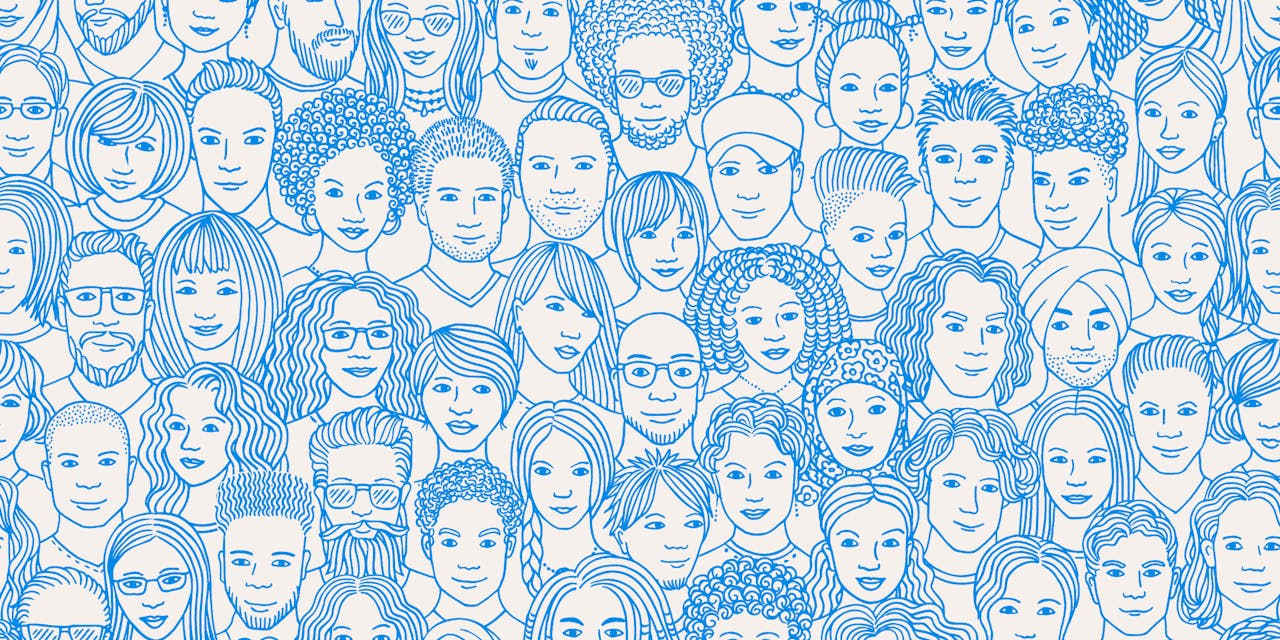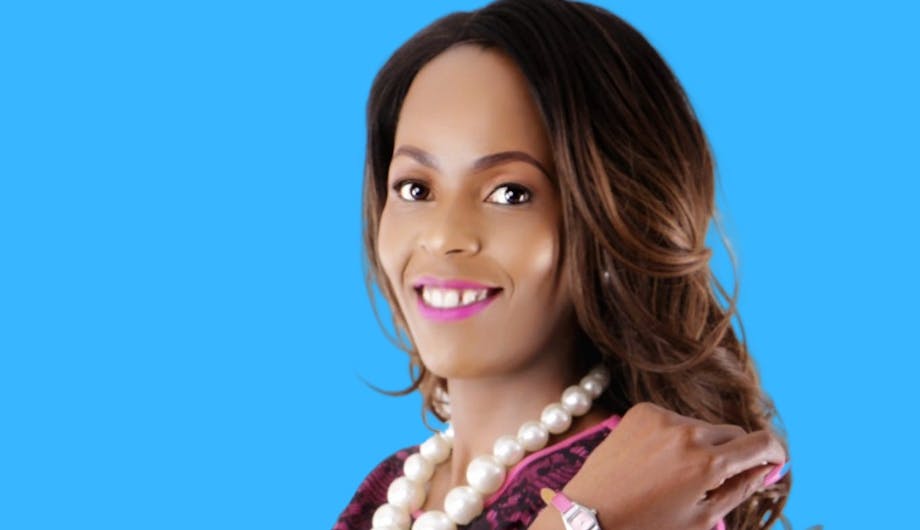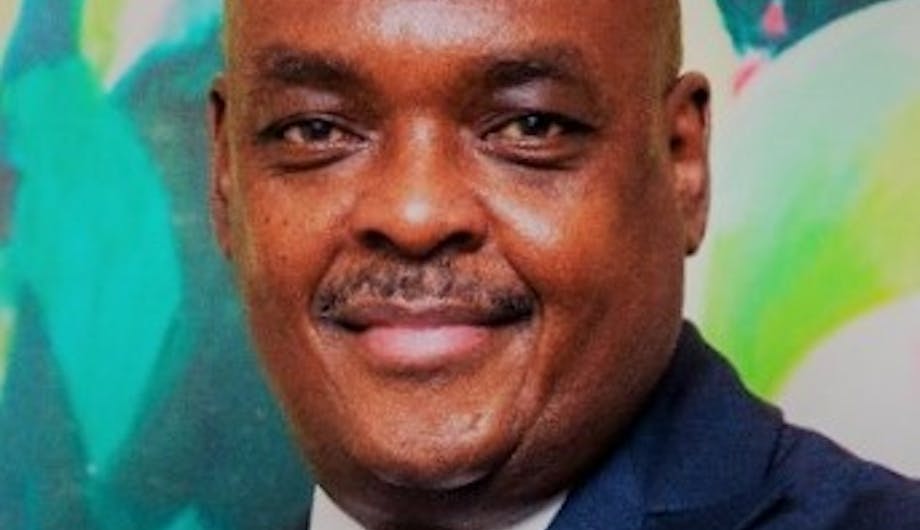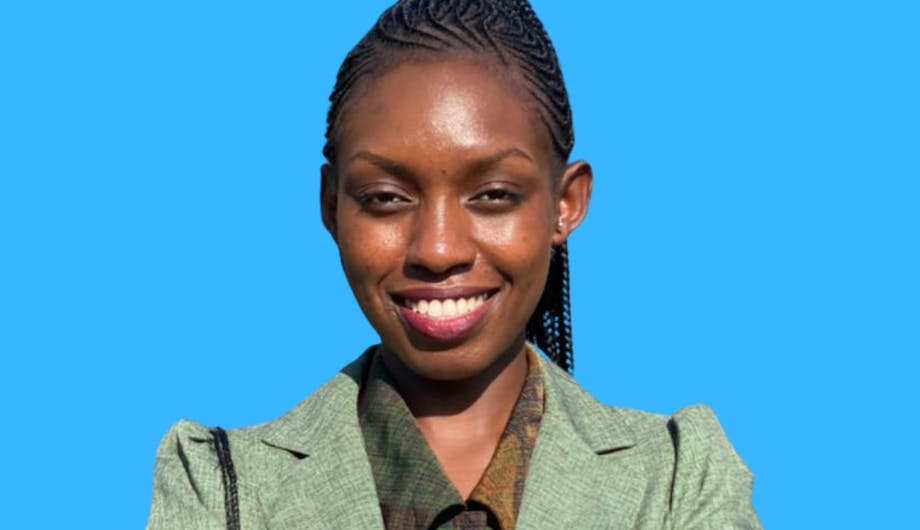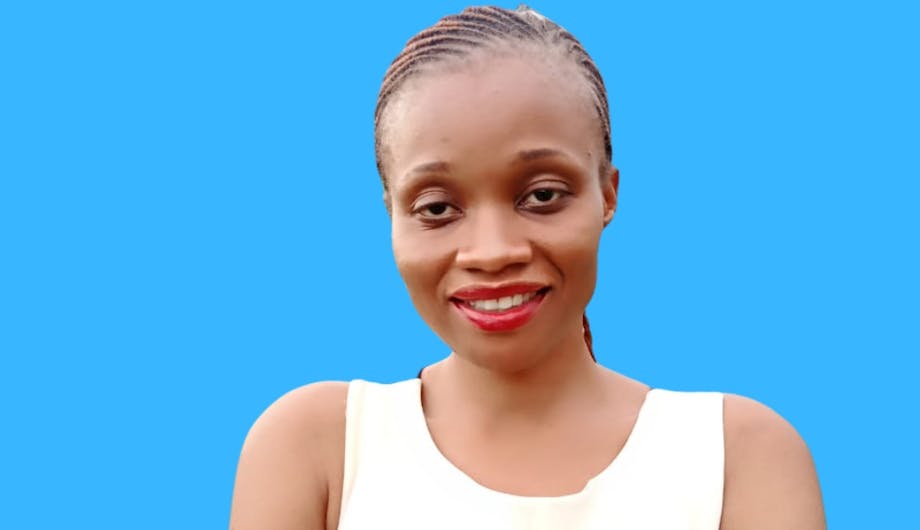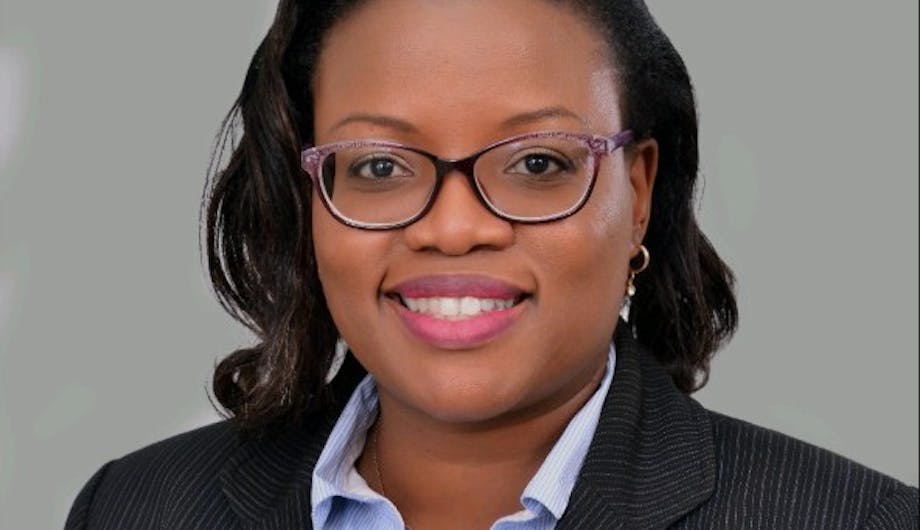The challenges for civil society organisations are great and their ability to achieve their mission is under pressure. Political instability, repressive governments, the climate crisis, the effects of the pandamic and social unrest are topical in many parts of the world. Civil rights are under pressure in many countries. From India to Brazil and from Hungary to Uganda.
Watch the recording
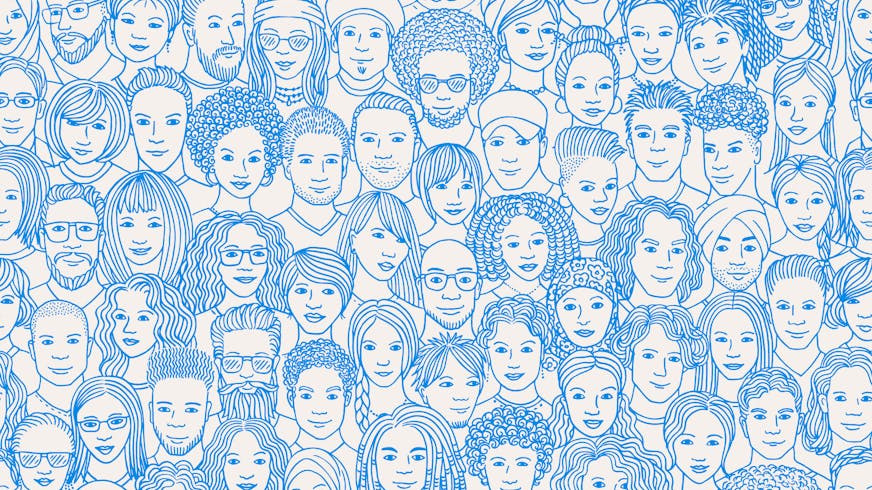
Local giving as possible solution
Local Giving, also known as Domestic Resource Mobilisation, is seen as an important weapon in the fight against this shrinking civic space. Local giving refers to all forms of giving – in money, time and in kind – that come from the local community itself.
Local resource mobilisation forces organisations to root themselves deeper in society and to be accountable towards their constituency. Many local organizations still depend on international funding; the development agenda is often determined by the interests and priorities of these donors. This makes it easy for governments to dismiss them as the mouthpiece of the West. Local giving gives organisations more credibility as representatives of local interests. This can lead to a stronger negotiating position towards the government.
The challenge: shrinking civic space
In addition, local giving also leads to more impactful poverty reduction because sustainable change can only be brought about if it is driven by communities themselves. Local giving could be in line with a rich cultural and religious tradition in Africa of solidarity and giving, especially to family, friends and neighbors. Question is; do people also want to give to civil society organisations?
Enough arguments to see local giving as a way to tackle various challenges, and shape development cooperation more effectively and in line with discussions about #Shift the power. But is that so?
World café: a conversation about local giving
In the coming World Café, recorded live from Nairobi, we will explore the pros and cons of domestic resource mobilization, together with experts.
Questions that will be discussed:
- What trends do we see in Africa in the field of local giving and community philanthropy?
- What motivates people in Africa to contribute to initiatives and projects?
- How can local giving be used as a strategy for bottom-up development?
- How do you facilitate this way of working?
- What role can the emerging philanthropy sector in African countries, such as foundations of large companies, play in this? How can they switch from charity to investing in structural change?
Speakers
James Gatere, the Head of I&M Foundation, has vast experience in managing corporate philanthropic networks and leading sustainable development projects in different organisations from various geographies in Africa.
As a strategic planner who clearly connects purpose to action with passion to shape and optimize opportunities, James has worked with not-for-profit organisations and led diverse teams in multiple-country projects. His experience includes program implementation, networking and collaboration, resource mobilization, and knowledge management. He holds a Bachelor of Science (Mathematics) degree from the University of Nairobi, has various qualifications in Project Management, People Management, and Accounting, and he is a Certified Mediator.
Founder ichild Africa
Morine (36) has vast experience in field research. She is enthusiastic about community development and loves working with kids. She is a girl child advocate and a STEM champion!
ichild mentors young boys and girls between the ages of 12 and 19 in areas not limited to quality Education (STEM program) and life skills topics like Responsible Citizenry, Relationships, Menstrual hygiene and Self-esteem. Through research, Morine and her team discovered that girls in rural set up where finance is a major hurdle cannot afford a sanitary towel that retails at Ksh.50 which has led many to go for “sex for pads”. ichild Africa aims at reducing the statistics of teenage pregnancies by providing girls with pads every month. This is made possible by mobilizing friends and well-wishers for contributions. Anyone can contribute to this vital course; one pad saves one girl a month.
Executive Director of Kenya Community Development Foundation (KCDF)
KCDF focuses on shifting the power to communities and works to promote social justice and the sustainable development of these communities. Grace is a human rights lawyer and has led various not-for-profit organizations in Kenya working in the area of constitutionalism, women’s rights, community development, and the legal profession. Over the last twenty-one years, Grace has been working on social justice issues that align with her personal values and passion for justice and equality. Grace’s focus now is on enhancing the philanthropy space in Kenya and beyond.
Youth development programme coordinator at Mathare Roots
Carolyne (27) is the Youth development programme coordinator at Mathare Roots, a grassroot organization in the heart of the second-largest informal settlement of Nairobi, Kenya which was founded by young people from Mathare. A group of schoolmates who came together with an objective of changing the perspective and narrative about Mathare and transform it into a better place.
She believes in the power of neighborhood regeneration activities, such as tree planting, arranging musical concerts and creating awareness-raising murals to bring the whole community together and solving local challenges through the bottom-up approach.
Kingwa is a lifelong lover of learning, she has been a recipient of numerous media, leadership and entrepreneurship residencies, fellowships, and accelerator programs. Starting out as a fiction writer (her first book won the country’s three main awards), she has worked as a contributor, reporter, and editor in publications including Expression Today (ET), The Nation, The People Daily, The Standard, UP! Nairobi, The Guardian, Pambazuka, and The Elephant, among others.
Ms Kamencu’s approach to change is informed by the recognition of the necessity of enabling changemakers to have a loud voice and presence in the space. Known more on the national scene as a political player, she got into party politics as a student, sitting in the National Executive Committee (NEC) of Ford Kenya Party, and later running for the Kenyan presidency in the 2013.Her current projects explore the use of media and popular culture as levers to transform the socio-economic culture from one of violence and trauma, to one of nurturing and power.
This world café will be a combination of live conversation and visual stories. The moderator of this World Café is Kingwa Kamencu. Among the guests are Grace Maingi, Director of KCDF, Nicera Wanjiru from Vice Versa Global, James Gatere, from the I&M Foundation, Morine Akinyi Odongo, CEO and founder ichild Africa, Carolyne Mbithe Nzilani, Youth development programme coordinator at Mathare Roots.
The World Café is a recurring initiative of Wilde Ganzen and Vice Versa to deepen the debate on global cooperation. This edition is organized in collaboration with the Kenya Community Development Foundation (KCDF) and Vice Versa Global.
It will take place on Thursday 15 September from 2.30-4.00 pm EAT.
(CEST: 1.30-3 pm / GMT: 11:30 am – 1 pm)
